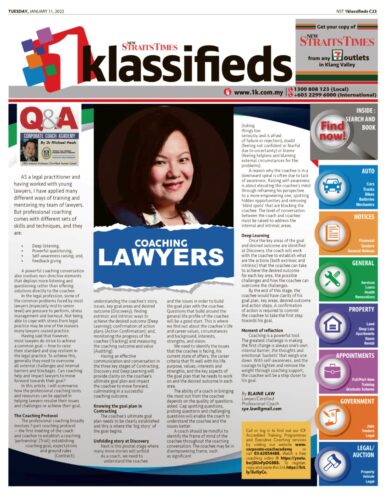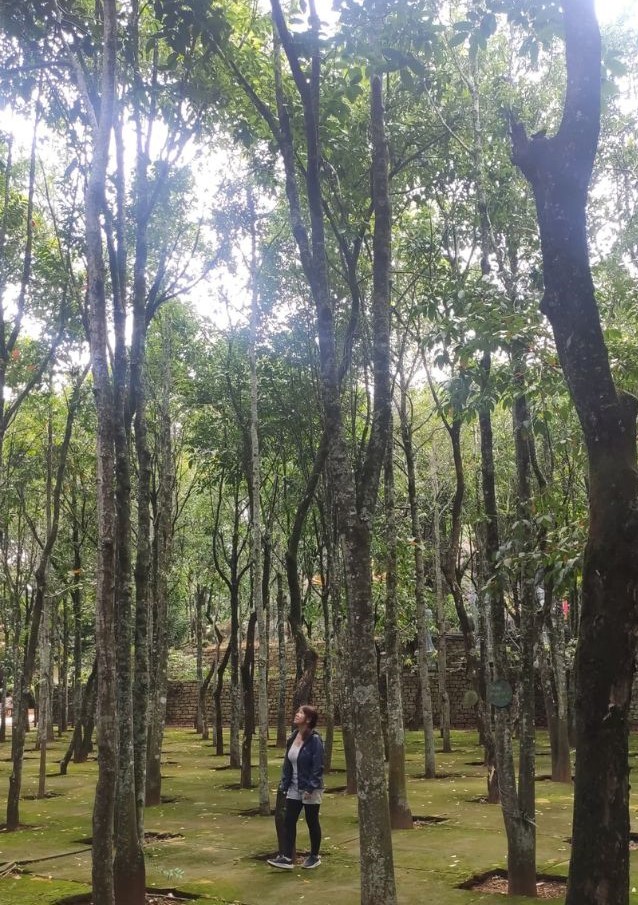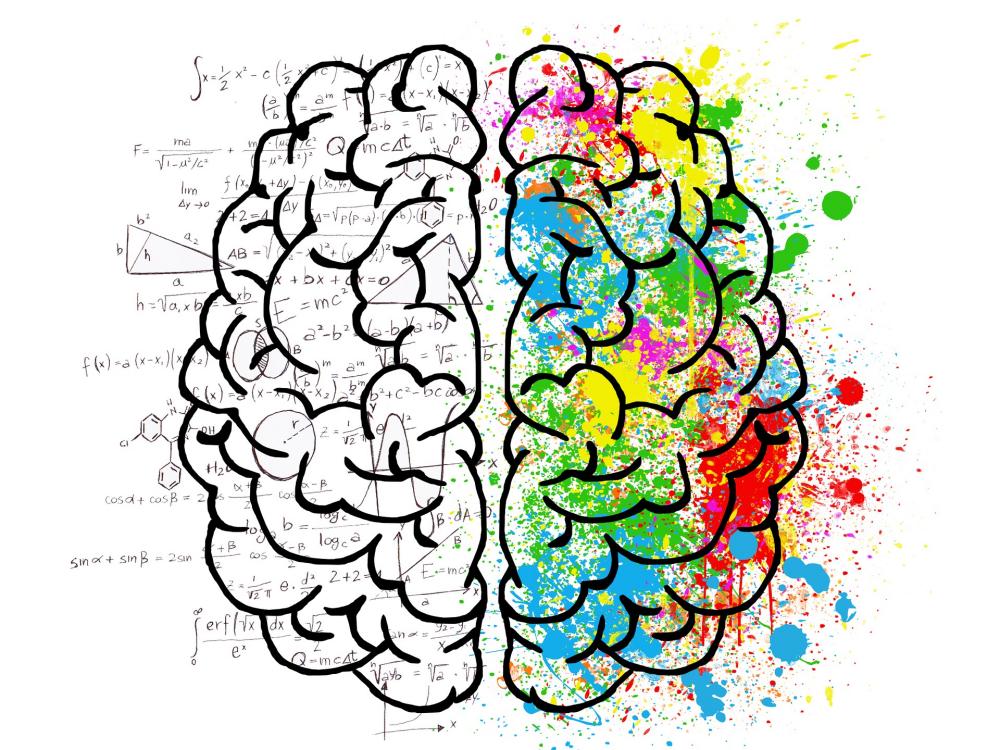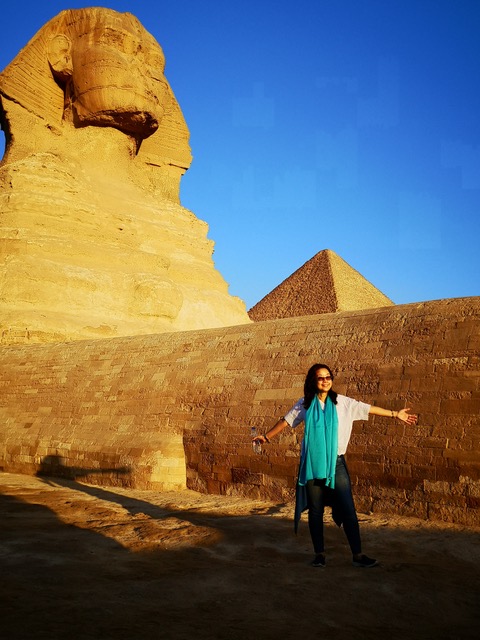Coaching Lawyers
23 April 2022
As a legal practitioner and having worked with young lawyers, I have applied many different ways of training and mentoring my team of lawyers. But professional coaching comes with different sets of skills and techniques, and they are:
- Deep listening
- Powerful questioning
- Self-awareness raising
- Feedback giving
A powerful coaching conversation also involves non directive elements that deploys more listening and questioning rather than offering solutions directly to the coachee.
In the legal profession, some of the common problems faced by most lawyers (especially mid to senior level) are pressure to perform, stress management and burnout. Not being able to cope with stress from legal practice may be one of the reasons many lawyers ceased practice.
Having said that however, most lawyers do strive to achieve a common goal – how to raise their standard and stay resilient in the legal practice. To achieve this, generally they need to overcome all external challenges and internal barriers and blockages. Can coaching help and impact lawyers to move forward towards their goal?
In this article, I will summarize how the professional coaching tools and resources can be applied in helping lawyers resolve their issues and challenges or achieve their goal.
The Coaching Protocol
The professional coaching broadly involves 7-part coaching protocol – the first meeting of the coach and coachee to establish a coaching ‘partnership’ (Trial); establishing coaching goal, expectations and ground rules (Contract); understanding the coachee’s story, issues, key goal areas and desired outcome (Discovery); finding extrinsic and intrinsic ways to achieve the desired outcome (Deep Learning); confirmation of action plans (Action Confirmation); monitoring the progress of the coachee (Tracking) and measuring the coaching outcome and value (Auditing).
Having an effective communication and conversation in the 3 key stages of Contracting, Discovery and Deep Learning will provide clarity on the coachee’s ultimate goal plan and impact the coachee to move forward, culminating in a successful coaching outcome.
Knowing the goal plan in Contracting
The coachee’s ultimate goal plan needs to be clearly established and this is where the ‘big story’ of the goal begins.
Unfolding story at Discovery
Next is this pivotal stage where many more stories will unfold.
As a coach, we need to understand the coachee and the issues in order to build the goal plan with the coachee. Questions that build around the general life profile of the coachee will be a good start. This is where we find out about the coachee’s life and career values, circumstances and background, interests, strengths, and vision.
We need to identify the issues that the coachee is facing, his current state of affairs, the career criteria that fit well with his life purpose, values, interests and strengths, and the key aspects of the goal plan that he needs to work on and the desired outcome in each area.
The ability of a coach in bringing the most out from the coachee depends on the quality of questions asked. Gap spotting questions, probing questions and challenging questions will enable the coach to understand the coachee and the issues better.
A coach should be mindful to identify the frame of mind of the coachee throughout the coaching conversation. The coachee may be in disempowering frame, such as significant (taking things too seriously and is afraid of failure or rejection), doubt (feeling not confident or fearful due to uncertainty) or blame (feeling helpless and blaming external circumstances for the problems).
A reason why the coachee is in a downward spiral is often due to lack of awareness. Raising self-awareness is about elevating the coachee’s mind through reframing his perspective to a more empowering one, spotting hidden opportunities and removing ‘blind spots’ that are blocking the coachee. The level of conversation between the coach and coachee must be raised to address the internal and intrinsic areas.
Deep Learning
Once the key areas of the goal and desired outcome are identified at Discovery, the coach will work with the coachee to establish what are the actions (both extrinsic and intrinsic) that the coachee can take to achieve the desired outcome for each key area, the possible challenges and how the coachee can overcome the challenges.
By the end of this stage, the coachee would have clarity of his goal plan, key areas, desired outcome and action steps. A confirmation of action is required to commit the coachee to take the first step towards his goal.
Moment of reflection
Coaching is indeed a powerful tool. The greatest challenge in making the first change is always one’s own internal barrier; the thoughts and emotional ‘buckets’ that weigh one down. With self-awareness, and the courage to lighten and remove the weight through coaching support, the coachee will be a step closer to his goal.
(This Article was published in the New Straits Times (Klassifieds) on 11 January 2022)








